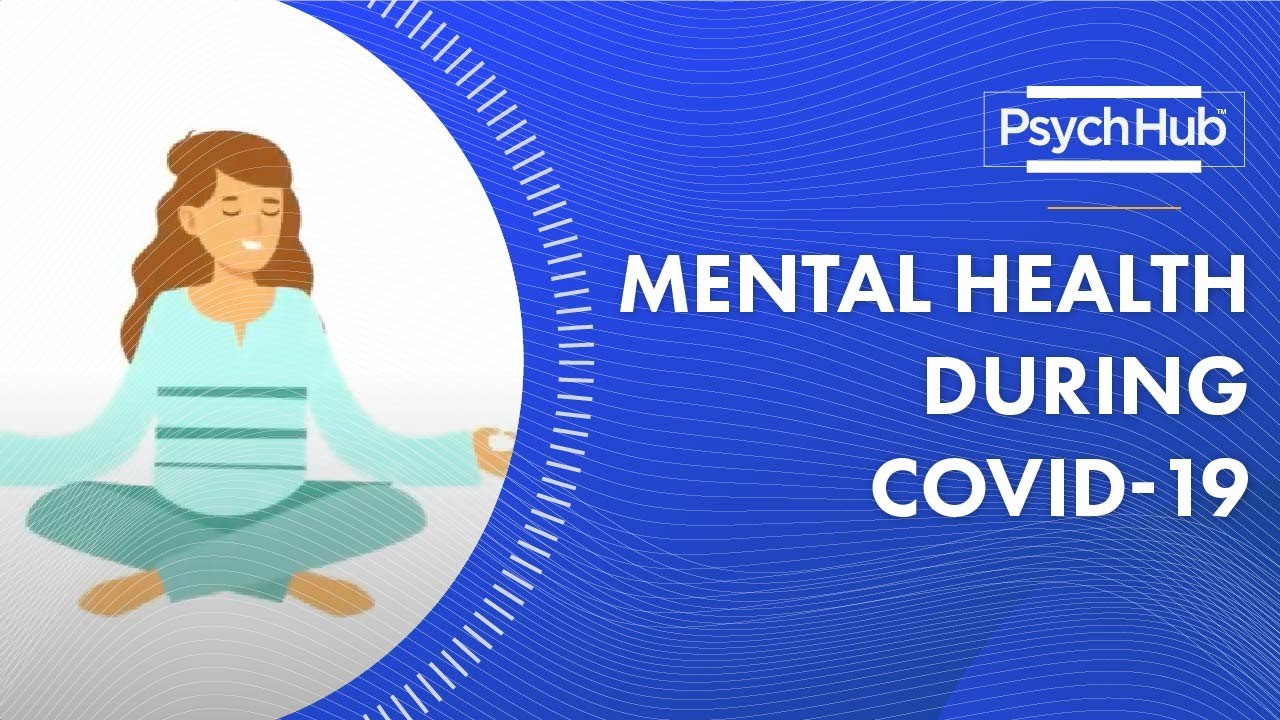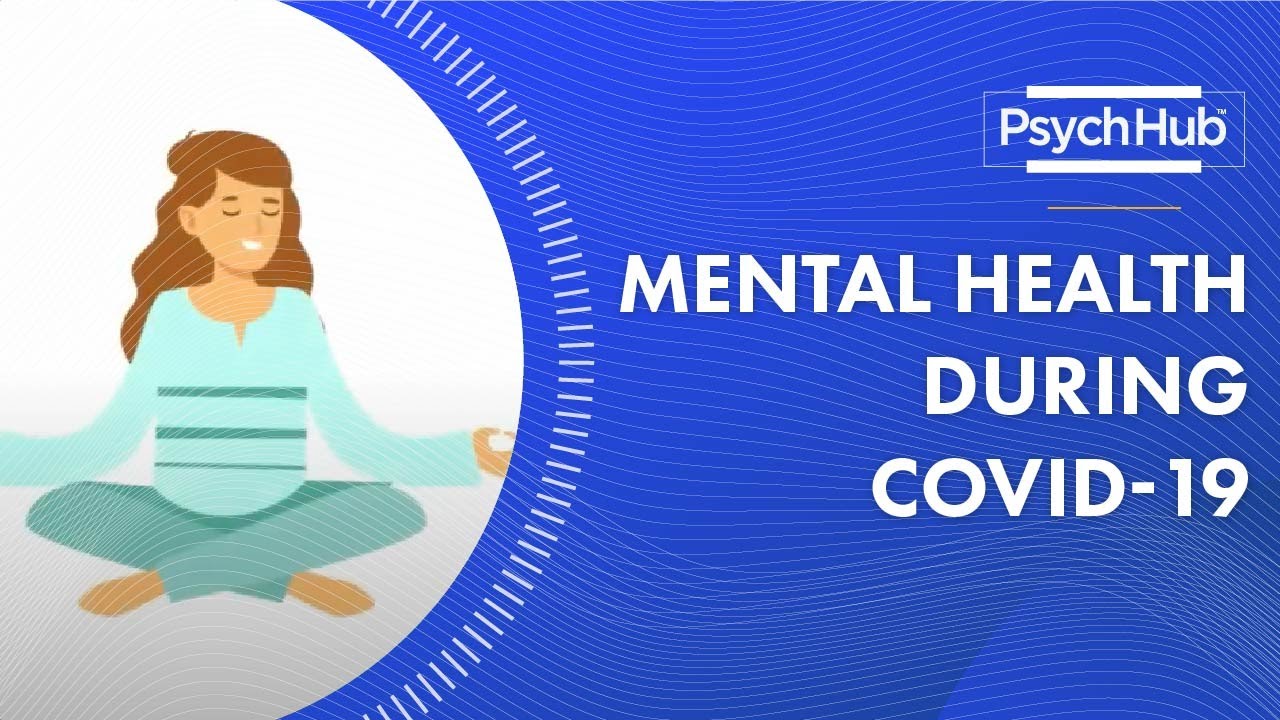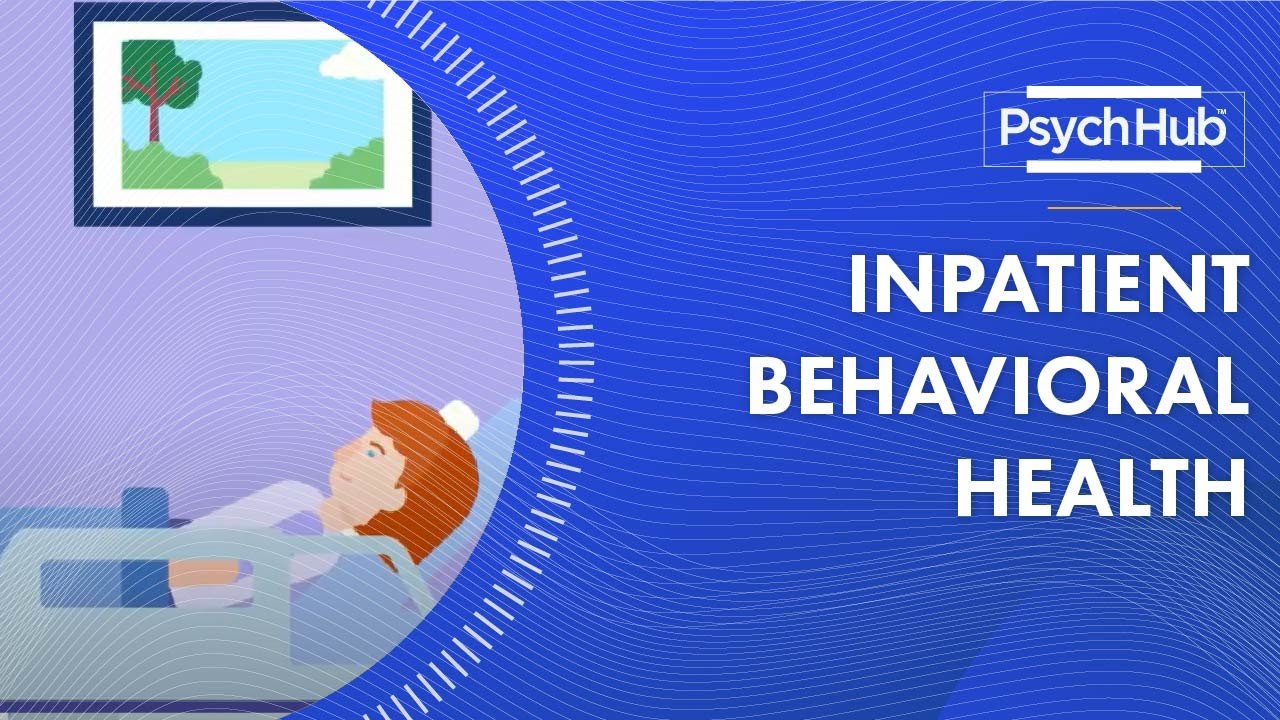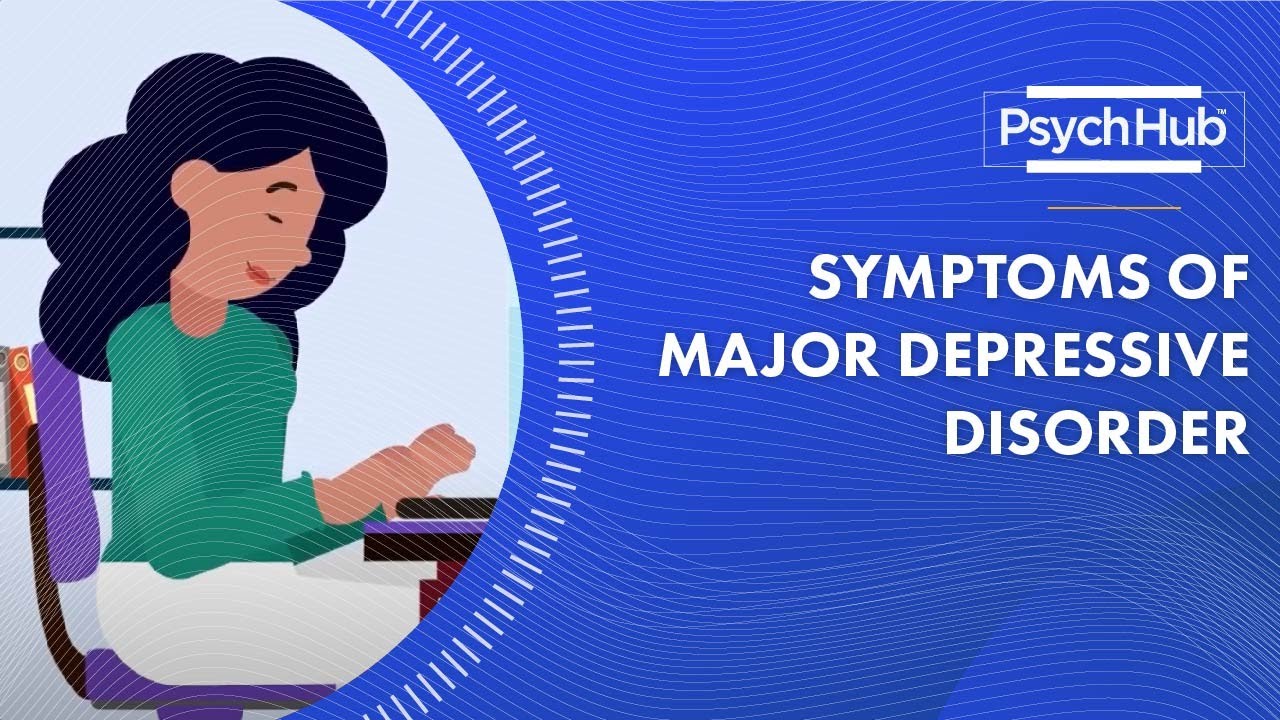In the midst of the COVID-19 pandemic, essential workers on the frontlines are facing an array of complex mental health challenges. These individuals, dedicated to fighting the virus and caring for others, are experiencing a roller coaster of emotions. From fear and stress to guilt and exhaustion, it can be overwhelming to navigate these feelings during such a crisis. However, it is vital to acknowledge and address these emotions rather than push them away. By practicing mindfulness, allowing yourself to feel, and seeking support from professionals, you can navigate the challenges and prioritize your mental well-being. Remember, you are not alone in this journey, and there are resources available to help you cope and thrive during these difficult times.
As the COVID-19 pandemic continues to impact our lives, it is crucial to prioritize mental health. Psych Hub, an educational service, provides invaluable information and resources to support individuals in understanding and managing their mental well-being. Their Mental Health Ally Certification learning hubs offer a comprehensive platform to equip you as a steward of your own well-being and that of your loved ones. Whether you are an essential worker on the frontlines or someone facing the challenges of the pandemic, exploring Psych Hub’s resources can empower you to navigate the complexities of your emotions and find strength in the midst of crisis. Remember, seeking professional advice and support is essential, and you are never alone in your journey toward mental wellness.

Mental Health Terminology
Mental health terminology plays a crucial role in the field of psychology and therapy. It encompasses a range of terms and concepts that help professionals and individuals understand and discuss various aspects of mental health. For instance, terms like depression, anxiety, and schizophrenia are used to describe specific mental health conditions. Understanding these terms is essential for effective communication, accurate diagnosis, and appropriate treatment.
In psychology and therapy, the significance of mental health terminology cannot be overstated. It allows professionals to categorize and diagnose mental health conditions, which is the first step towards providing appropriate care. Additionally, using standardized and recognized terminology ensures that information is communicated clearly and uniformly across the field.
By learning and utilizing mental health terminology, individuals can gain a better understanding of their own mental health and that of others. It enables individuals to express their thoughts, emotions, and experiences, fostering empathy and connection. Moreover, familiarizing oneself with mental health terminology can contribute to destigmatizing mental health issues, as it promotes open and informed discussions about mental well-being.
Positive Self-talk
Positive self-talk is a powerful tool for reshaping our mindset and improving our overall mental well-being. It involves consciously using positive statements and affirmations to counter negative thoughts and beliefs. By reframing our self-perception and focusing on our strengths and accomplishments, we can boost our self-esteem and cultivate a more optimistic outlook on life.
When we engage in positive self-talk, we replace self-criticism and self-doubt with self-compassion and self-empowerment. Instead of berating ourselves for perceived failures or shortcomings, we choose to acknowledge our efforts and celebrate our progress. This shift in mindset not only enhances our sense of self-worth but also builds resilience, allowing us to navigate challenges with a greater sense of confidence and optimism.
Developing the habit of positive self-talk requires practice and consistency. It involves consciously identifying and challenging negative thoughts, replacing them with positive affirmations. By incorporating positive self-talk into our daily lives, we can create a more nurturing internal dialogue, fostering a healthier relationship with ourselves and promoting mental well-being.
Outpatient Behavioral Health
Outpatient behavioral health refers to mental health treatments and support provided to individuals without the need for hospitalization or residential care. It encompasses a range of services, including therapy, counseling, medication management, and support groups. Outpatient care is typically more flexible and less intensive than inpatient care, allowing individuals to receive treatment while maintaining their daily routines and responsibilities.
There are several benefits to opting for outpatient behavioral health care. Firstly, it provides individuals with the freedom to live in their own homes, surrounded by familiar environments and support systems. This can contribute to a greater sense of comfort and security, enhancing the therapeutic process. Additionally, outpatient care is often more cost-effective than inpatient care, making it accessible to a broader range of individuals.
Procedures and treatments within outpatient behavioral health can vary depending on the individual’s needs and goals. Common modalities include individual therapy, group therapy, cognitive-behavioral therapy, and medication management. The specific approach will be determined by the individual’s diagnosis, symptoms, and treatment preferences. Regular sessions with a mental health professional are a key component of outpatient care, allowing for ongoing assessment, support, and guidance.
How to Practice Mindfulness
Mindfulness is a practice that involves intentionally focusing one’s attention on the present moment without judgment. It is an effective tool for reducing stress, enhancing focus, and achieving inner peace. Mindfulness can be practiced in various ways, and incorporating it into our daily lives can have a profound impact on our mental well-being.
To begin practicing mindfulness, follow these steps:
-
Find a quiet and comfortable space: Choose a location where you can sit or lie down comfortably without distractions.
-
Settle into your body: Close your eyes and take a few deep breaths. Allow your body to relax and let go of any tension.
-
Tune into your senses: Shift your attention to the present moment by focusing on your five senses. Notice the sounds, smells, tastes, textures, and visual cues around you.
-
Observe your thoughts and emotions: As you practice mindfulness, thoughts and emotions may arise. Rather than getting caught up in them or judging them, simply observe them with curiosity and acceptance. Allow them to come and go without attachment.
-
Return to the present moment: If your mind wanders away from the present moment, gently redirect your attention back to your senses. Focus on your breathing or the sensations in your body as an anchor.
-
Practice non-judgment: Throughout your mindfulness practice, it’s important to cultivate an attitude of non-judgment. Avoid labeling your thoughts or experiences as good or bad. Instead, embrace them with compassion and acceptance.
By incorporating mindfulness into your daily routine, you can enhance your focus, reduce stress, and cultivate a greater sense of inner peace. Whether through dedicated meditation sessions or simple moments of pause and reflection throughout the day, mindfulness can be a powerful tool in promoting mental well-being.
Mental Health and Social Media
In today’s digital age, social media has become an integral part of our lives. While it offers various benefits such as connecting with others and accessing information, it can also have a significant impact on our mental well-being. Understanding the relationship between mental health and social media is essential for maintaining a healthy digital life.
The impact of social media on mental well-being can be both positive and negative. On one hand, social media provides a platform for individuals to share their experiences, find support, and raise awareness about mental health issues. It can foster a sense of community and belonging, connecting individuals with others who may be going through similar struggles.
However, social media can also contribute to negative mental health outcomes. The curated nature of social media platforms often promotes comparisons and feelings of inadequacy. The constant exposure to highlight reels and idealized lifestyles may lead to feelings of self-doubt, low self-esteem, and anxiety. Moreover, excessive screen time and the potential for cyberbullying can further exacerbate mental health challenges.
To maintain a healthy digital life, it is important to adopt strategies such as:
-
Limiting screen time: Set boundaries around the amount of time you spend on social media, and prioritize activities that promote well-being, such as spending time with loved ones or engaging in hobbies.
-
Curating your social media feed: Unfollow accounts that make you feel inadequate or trigger negative emotions. Instead, follow accounts that provide positive and uplifting content.
-
Engaging mindfully: Be conscious of how you interact with social media. Avoid mindlessly scrolling and instead engage intentionally with content that is meaningful and relevant to you.
-
Seeking support: If social media use is negatively impacting your mental health, reach out to a mental health professional or support group for guidance and assistance.
By being mindful of our social media consumption and taking steps to prioritize our mental well-being, we can harness the positive aspects of social media while minimizing its potential negative impact.
Symptoms of Major Depressive Disorder
Recognizing the symptoms of Major Depressive Disorder (MDD) is crucial for early intervention and effective treatment. MDD, commonly referred to as depression, is a mental health condition characterized by persistent feelings of sadness, hopelessness, and a loss of interest or pleasure in activities.
The symptoms of MDD can vary from individual to individual and may manifest both physically and emotionally. Some common signs of MDD include:
-
Persistent sadness or feelings of emptiness: The individual may feel persistently down, irritable, or hopeless. These feelings can last for weeks or longer.
-
Loss of interest or pleasure: The individual may lose interest in activities they previously enjoyed, such as hobbies, socializing, or spending time with loved ones.
-
Changes in appetite or weight: MDD can lead to significant changes in appetite and weight. Some individuals may experience an increase in appetite and weight gain, while others may have a decrease in appetite and weight loss.
-
Sleep disturbances: Insomnia or excessive sleeping may occur in individuals with MDD. They may have difficulty falling asleep, staying asleep, or experiencing excessive sleepiness throughout the day.
-
Fatigue or loss of energy: Individuals with MDD may experience a persistent lack of energy, even after restful sleep. They may feel physically drained and have difficulty completing everyday tasks.
-
Feelings of worthlessness or excessive guilt: Self-criticism and feelings of worthlessness are common in individuals with MDD. They may excessively blame themselves for personal failures or perceive themselves as burdens to others.
-
Difficulty concentrating or making decisions: MDD can impair cognitive function, making it challenging for individuals to concentrate, remember details, or make decisions.
Other symptoms may include irritability, physical symptoms such as headaches or digestive issues, and thoughts of death or suicide. It’s important to note that not everyone with MDD experiences all of these symptoms, and the severity and duration of symptoms may vary.
Causes of MDD can be multi-faceted, involving a combination of genetic, biological, environmental, and psychological factors. Treatment options for MDD may include therapy, medication, lifestyle changes, and social support. It’s essential to seek professional help if you or someone you know is experiencing symptoms of MDD to receive appropriate care and support.
What to Expect in Therapy
Embarking on a therapeutic journey can be a transformative and empowering experience. However, for individuals who are new to therapy, it can also be unfamiliar and sometimes daunting. Knowing what to expect in therapy can help alleviate anxiety and set realistic expectations for the process.
Therapy typically begins with an initial assessment, which involves discussing your reasons for seeking therapy, your goals, and your past and present experiences. This assessment helps the therapist gain a comprehensive understanding of your unique situation. It’s important to be open and honest during this process to ensure that the therapy sessions are tailored to your needs.
Once therapy begins, sessions will usually occur regularly, typically on a weekly or bi-weekly basis. The duration of therapy can vary, depending on the individual and the specific goals being addressed. Therapy can be short-term, focusing on specific issues, or long-term, involving more in-depth exploration and personal growth.
During therapy sessions, you can expect a safe and confidential space to discuss your thoughts, emotions, and experiences. Your therapist will actively listen, provide support, and offer guidance as you navigate your challenges. You may engage in various therapeutic approaches, such as talk therapy, cognitive-behavioral therapy, or experiential therapy, depending on your needs and goals.
Therapy is a collaborative process, meaning you and your therapist will work together to identify patterns, develop coping strategies, and foster personal growth. It’s essential to approach therapy with an open mind and a willingness to actively engage in the process. Be prepared to explore your thoughts and emotions, challenge beliefs, and practice new skills outside of therapy sessions.
Throughout your therapy journey, it’s important to remember that progress takes time. Healing and personal growth are often nonlinear, and setbacks may occur along the way. Trust in the therapeutic process and be patient with yourself as you navigate your journey towards improved mental well-being.
Mental Health Myths
Mental health is an area often plagued by misconceptions and stereotypes. These myths can perpetuate stigma, hinder understanding, and prevent individuals from seeking the help they need. It is crucial to debunk these myths and promote accurate information to foster empathy, support, and education.
-
Myth: Mental health issues are a sign of weakness. Reality: Mental health issues are not a reflection of weakness or a personal failing. They are medical conditions that can affect anyone, regardless of strength or character.
-
Myth: People with mental health issues are dangerous or unpredictable. Reality: The majority of individuals with mental health issues are not violent or unpredictable. Mental health conditions are diverse and affect individuals in different ways.
-
Myth: Mental health conditions are not real illnesses. Reality: Mental health conditions are recognized medical illnesses with biological, psychological, and environmental roots. They require proper diagnosis and treatment.
-
Myth: Only certain people can be affected by mental health issues. Reality: Mental health issues can affect individuals of any age, gender, socioeconomic background, or cultural identity. They do not discriminate.
-
Myth: Seeking help for mental health is a sign of weakness. Reality: Seeking help is a sign of strength and self-care. It takes courage to acknowledge and address mental health concerns.
-
Myth: People with mental health issues should just “snap out of it.” Reality: Recovery from mental health issues is a process that requires professional help, support, and time. It is not as simple as “snapping out of it.”
-
Myth: Once treated, mental health conditions never recur. Reality: Mental health conditions can be chronic, and individuals may experience periods of remission and relapse. Continued support is important for long-term well-being.
Challenging these myths and spreading accurate information is essential for creating a more inclusive and understanding society. By challenging stereotypes and promoting empathy, we can foster an environment where individuals feel safe to seek help and receive the support they deserve.
How to Tell if Therapy is Working
Assessing the effectiveness of therapy is an important aspect of the healing process. While therapy can be transformative, it is essential to monitor progress and ensure that the treatment is working towards your goals. Here are some indicators to help evaluate the effectiveness of therapy:
-
Improved symptoms: If therapy is addressing your specific concerns, you may notice a reduction in the severity and frequency of your symptoms. For example, if you sought therapy for anxiety, you may experience a decrease in the intensity of your anxiety attacks.
-
Increased self-awareness: Therapy often involves self-reflection and exploration. If you find yourself gaining insights into your thoughts, emotions, and behaviors, it indicates that therapy is helping you develop a deeper understanding of yourself.
-
Enhanced coping skills: Over the course of therapy, you may acquire new coping strategies and skills to manage challenging situations. These tools can empower you to navigate difficulties more effectively and promote resiliency.
-
Improved relationships: Therapy can foster healthier interpersonal relationships. As you work on yourself in therapy, you may notice positive changes in your interactions with others, such as improved communication and boundary-setting.
-
Increased self-compassion: A positive outcome of therapy is often an enhanced sense of self-compassion and self-acceptance. If you find yourself practicing self-care, setting realistic expectations, and treating yourself with kindness, it indicates progress in therapy.
-
Enhanced problem-solving abilities: Therapy can equip you with problem-solving techniques and strategies, enabling you to approach challenges more effectively. If you find yourself implementing these skills in your daily life, it suggests the therapy is working.
It is important to remember that progress in therapy is not always linear. Setbacks and moments of frustration may occur along the way. Trust the process and maintain open communication with your therapist, expressing any concerns or questions you may have. Regularly reassessing your goals and discussing them with your therapist can ensure that therapy remains effective and aligned with your needs.
Psychotherapy
Psychotherapy, also known as talk therapy, is a form of treatment that involves general conversations between an individual and a trained mental health professional. It is designed to address emotional distress, improve well-being, and promote personal growth.
There are various forms of psychotherapy, each with its own approach and techniques. Some common types of psychotherapy include:
-
Cognitive-Behavioral Therapy (CBT): CBT focuses on identifying and altering negative thoughts and behaviors. It aims to help individuals develop healthier coping mechanisms and more adaptive ways of thinking.
-
Psychodynamic Therapy: This form of therapy explores the unconscious dynamics that underlie thoughts and behaviors. It seeks to uncover unresolved conflicts and promote insight and self-awareness.
-
Humanistic Therapy: Humanistic therapy emphasizes personal growth, self-acceptance, and self-actualization. It helps individuals gain a greater understanding of themselves and their unique potential.
-
Family Therapy: Family therapy involves sessions with family members to improve communication, resolve conflicts, and strengthen relationships. It recognizes the influence of family dynamics on individual well-being.
-
Group Therapy: Group therapy provides a supportive and structured setting for individuals with similar concerns to share experiences and learn from one another. It promotes connection, empathy, and a sense of community.
Psychotherapy can address a wide range of mental health challenges, including anxiety, depression, trauma, and relationship difficulties. It offers a non-judgmental and confidential space for individuals to explore their thoughts, emotions, and experiences. The therapeutic relationship, built on trust and collaboration, forms the foundation of psychotherapy, allowing individuals to work towards healing and growth.
It is important to note that psychotherapy is not a one-size-fits-all approach. The specific modality used will depend on the individual’s unique needs, goals, and preferences. Engaging in psychotherapy requires an open mind, a willingness to explore difficult emotions, and active participation in the therapeutic process.




